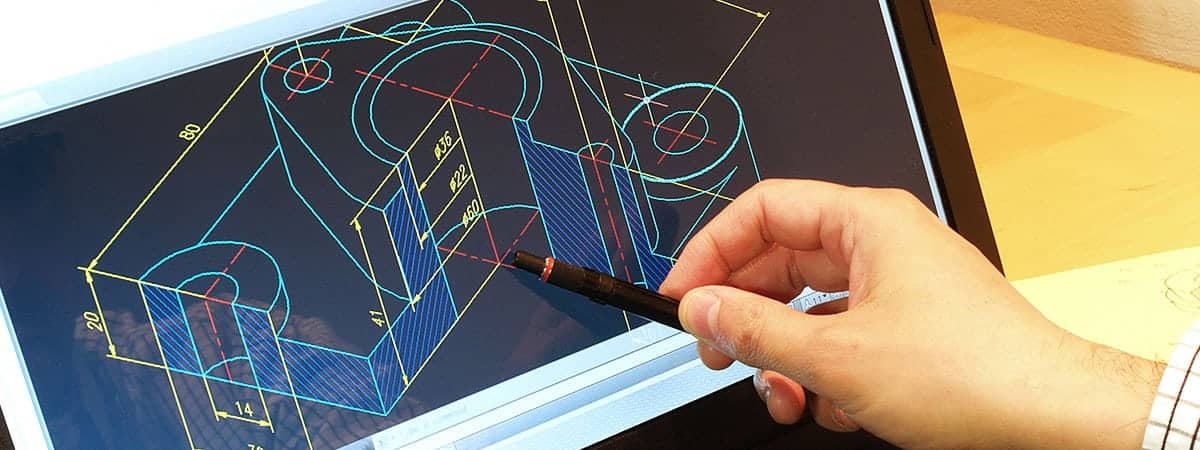Do you like to figure out how things work? Do you like to make things work? If you said yes to these questions and have an interest in learning more about electronics, software, technology, or robotics, you should consider a career in engineering technology!
The engineering technology program at Allan Hancock College offers a wide variety of learning opportunities within the areas of electronics, mechatronics, and robotics.
Graduates from the engineering technology program may find themselves working as a technician or engineering assistant in support of and under the direction of a professional engineer. Graduates can also transfer to a four-year university to complete their bachelor's degree and become a technologist. Engineering technologists are needed in industries like mining, construction, petroleum, manufacturing, transportation, communications, and public utilities.
This program will help you to:
- use computer-aided drafting and design CAD software
- create, modify, delete, transfer, and plot graphic files to produce complete engineering drawings
- understand and apply physics concepts to the field of civil engineering technology
- master the use of electronic equipment in electrical, digital, and analog circuits
- use computer simulation and design software to conduct, analyze and interpret electrical, digital and analog circuits
- make calculations involving various electrical laws, formulas, and principles
- use research strategies to acquire information
- write technical laboratory reports with conclusions
- apply current knowledge and adapt to emerging applications of automation and control
Degrees and Certificates Offered
Each program has unique requirements. The order in which you take courses may affect your completion time. Visit the links below to view the program requirements and a general semester-by-semester course schedule.
Associate in Science- Engineering Technology
Associate in Science- Engineering Technology w/Emphasis in Mechatronics
Associate in Science- Engineering Technology: Civil Engineering
Certificate of Achievement- Engineering Technology w/Emphasis in Mechatronics
To view all available degrees and certificates visit the Allan Hancock College course catalog.
Programs you may also be interested in exploring:
Contact Information
Administrative Assistant II
Alyssa Alvarez
805-922-6966 ext. 3335
Department Chair
Saad Sadig
805-922-6966 ext. 3488
ssadig@hancockcollege.edu
Dean, Academic Affairs
Thomas Lamica
805-922-6966 ext. 3261
thomas.lamica@hancockcollege.edu
LOCATION
Santa Maria Campus
Bldg. O, Room 101
805-922-6966 ext. 3335


